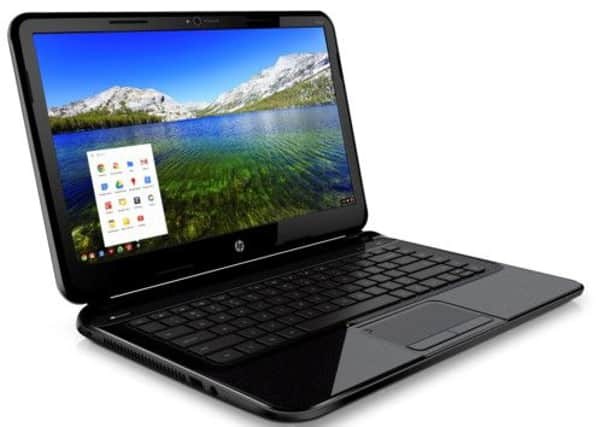Tech Talk: Choosing a ‘back to school’ computer


THE start of the school year used to signal a scramble for cheap personal computers, but the attraction of smartphones and tablets meant the novelty finally wore off.
The problem with new a PC is that for all practical purposes it’s exactly the same as the one you had before: a bit faster at first, but nothing else to really show for your investment. Consequently, demand has fallen through the floor.
Advertisement
Hide AdAdvertisement
Hide AdBut for the serious student, PCs are still helpful aids to learning – and the reduction in demand means they can be bought more cheaply than ever.
The first thing to consider is whether the student in your family will be best served by a desktop computer, a laptop or a tablet. Laptops are something of a last resort these days as they’re neither as portable as a tablet nor, pound for pound, as powerful as a desktop. But they do run fully-fledged PC programs – which is more than can be said for tablets. As a matter of fact, not all tablets can run even the apps designed specifically for them.
Apple iPads have become the computer of choice for some schools. But make sure your school is one of these before you buy. PCs themselves should now cost no more than about £350 for a general purpose homework model, plus £75 or so if you need a monitor. Look for a quad-core processor, at least 4GB of memory and a hard disc of up to one terabyte. Wired and wireless networking should be included, as should the latest version of Windows. At that price, a separate graphics card won’t be an option, but unless you plan to play shoot-’em-up games when you’re supposed to be working, you won’t need one. If you insist on a laptop, expect to pay about £100 more; you are, after all, getting a screen thrown in. However, a Google Chromebook at £250 or less may be a smarter choice; these laptop-like devices don’t run Windows programs but can perform similar functions using web-based applications.
They’re useless without a constant connection to the internet, as that’s where they store your work.
Advertisement
Hide AdAdvertisement
Hide AdProfit margins on all these devices are slim, and you’ll find little difference between prices online and in the shops – so it’s worth making your first exercise this term a fact-finding trip to the high street.